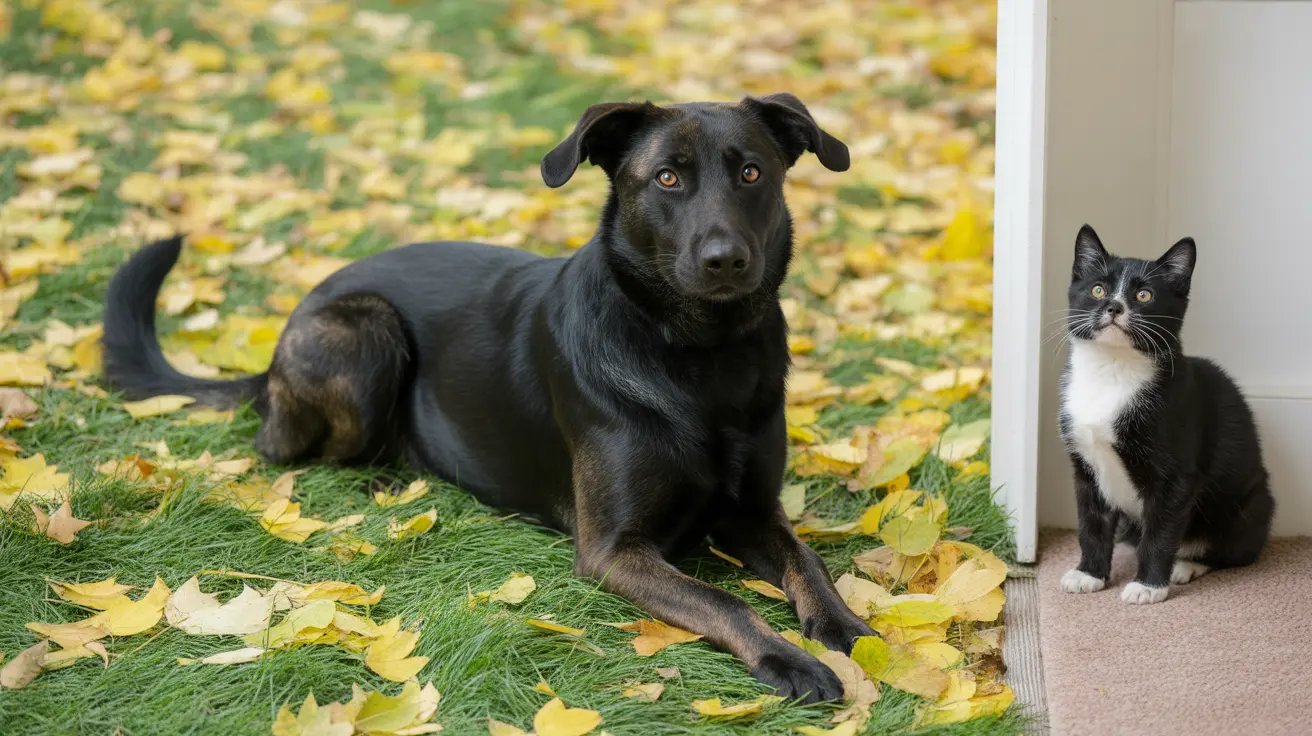What You Should Know Before Getting a Toy Poodle
Toy Poodles are among the most beloved small dog breeds—not just for their cute appearance but also for their intelligence, affectionate nature, and adaptability. However, owning a Toy Poodle involves more than cuddles. These petite dogs require specific care, attention, and awareness of their unique traits and needs. In this guide, you'll find everything crucial to know before bringing this delightful breed into your home.
1. Size & Personality
- Height: No more than 10 inches tall
- Weight: Typically 4 to 6 pounds
- Toy Poodles have big personalities despite their small size. They’re loving, alert, and extremely intelligent.
- They bond closely with their families and thrive on companionship and inclusion in daily life activities.
2. Social and Emotional Needs
- These dogs need constant companionship; long periods alone can lead to separation anxiety.
- They are emotionally attuned and respond strongly to changes in their environments or household stress.
3. Intelligence and Training
- Toy Poodles are highly trainable and enjoy learning new tricks and commands.
- Positive reinforcement is the most effective approach to training.
- They do well in dog sports like agility and obedience competitions.
4. Grooming Requirements
This breed’s coat is one of its most distinctive features. However, it comes with serious care responsibilities.
- Coat: Curly, dense, and low-shedding
- Brushing: Daily brushing is highly recommended to prevent mats and tangles.
- Professional grooming: Every 4–6 weeks to maintain health and comfort.
- Additional care: Regular ear cleaning and dental hygiene are essential due to susceptibility to ear infections and dental problems.
5. Health Considerations
Toy Poodles are generally healthy but prone to certain hereditary conditions.
- Average lifespan: 10 to 18 years
- Common health issues include:
- Progressive Retinal Atrophy (can lead to blindness)
- Patellar Luxation (slipping kneecaps)
- Legg-Calve-Perthes disease (hip joint deformity)
- Von Willebrand’s Disease (bleeding disorder)
- Tracheal collapse and chronic ear infections
- Dental disease due to their small mouths
- Select a reputable breeder who performs thorough health testing on breeding stock.
6. Exercise and Enrichment
- While not as active as larger dogs, Toy Poodles need daily walks and playtime.
- Consider mental stimulation with puzzle toys, obedience training, or nose work.
- These activities reduce unwanted behaviors like excessive barking.
7. Socialization & Temperament
- Proper socialization from an early age prevents them from being skittish or territorial.
- They can be barky, often acting as watchdogs, but consistent training can set boundaries.
- These dogs are best for households with adults and older children, as their small size makes them fragile.
8. Dietary Needs
- Feed a high-quality commercial kibble or wet food that meets nutritional standards.
- Puppies need more frequent meals to avoid hypoglycemia.
- Watch their calorie intake, especially from treats, due to their small size.
- Some Toy Poodles can be picky eaters, so choose palatable foods.
9. Hypoallergenic Qualities
- Toy Poodles are among the more hypoallergenic breeds, thanks to their low-shedding coat.
- However, no breed is 100% allergen-free, so allergy-prone owners should test reactions beforehand.
10. Choosing a Breeder
- Work only with ethical, responsible breeders who prioritize health and socialization.
- Ask about:
- Genetic health testing
- Veterinary care and vaccinations
- Puppy early development and social exposure
- Transition support
- Be wary of breeders who don’t provide transparency or references.
11. Living Environment
- Toy Poodles are well-suited to apartment living, provided they receive enough exercise and attention.
- Keep an eye on them around larger dogs at parks or in public areas to prevent accidental injuries.
12. Is a Toy Poodle Right for You?
If you’re looking for a sociable, clever, and portable companion dog, a Toy Poodle could be an ideal choice. However, those with a very active or rugged outdoor lifestyle might consider a Miniature Poodle instead, which offers more durability while maintaining the key traits of the breed.
Ultimately, Toy Poodles thrive on love, attention, and consistency. Being informed and prepared allows you to offer the best home possible to one of these charming little dogs.





